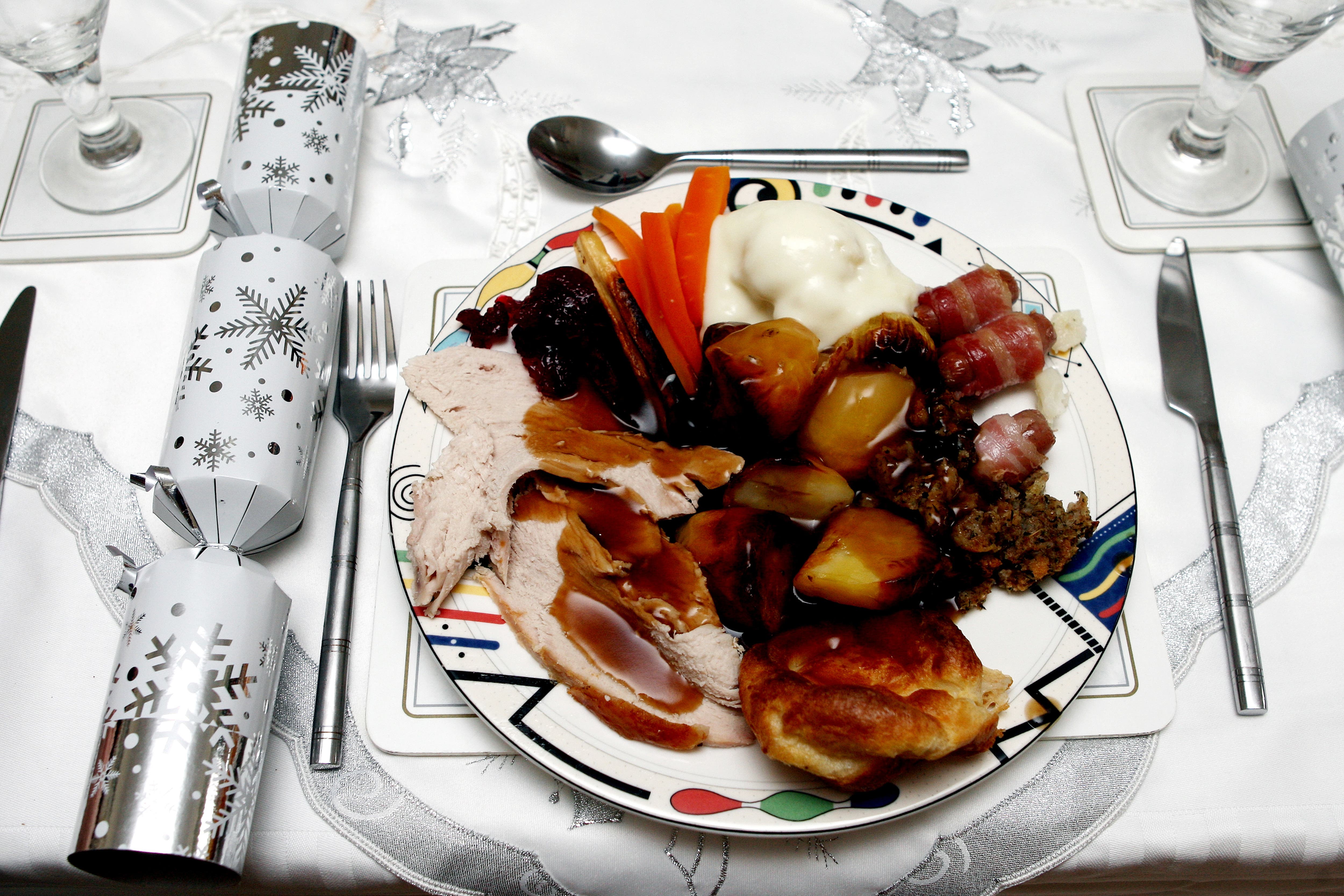Christmas mood dampened as concerns over food costs grow
The Food Standards Agency reported that 81% of people felt concerned about the price of food when asked in November, a jump from 62% last year.

Your support helps us to tell the story
From reproductive rights to climate change to Big Tech, The Independent is on the ground when the story is developing. Whether it's investigating the financials of Elon Musk's pro-Trump PAC or producing our latest documentary, 'The A Word', which shines a light on the American women fighting for reproductive rights, we know how important it is to parse out the facts from the messaging.
At such a critical moment in US history, we need reporters on the ground. Your donation allows us to keep sending journalists to speak to both sides of the story.
The Independent is trusted by Americans across the entire political spectrum. And unlike many other quality news outlets, we choose not to lock Americans out of our reporting and analysis with paywalls. We believe quality journalism should be available to everyone, paid for by those who can afford it.
Your support makes all the difference.A vast majority of people have said they are worried about the cost of food during Christmas and New Year, with many turning to cheaper brands and reduced items this year, a new survey has found.
The Food Standards Agency (FSA) reported that 81% of people felt concerned about the price of food when asked in November, a big jump from the 62% who said so in the same period last year.
This had led more than two thirds of respondents to report taking at least one action to save money over the festive period, with more households reporting feeling the pinch as food inflation soared this year.
This included a third of people switching to cheaper brands, while a quarter admitted to buying “yellow sticker” reduced food items that are close to their use-by date.
Just under a quarter said they had bought less food than they usually would for Christmas, and the same amount reported waiting to buy food items until they were discounted or on offer.
More concerningly in November, 23% of those surveyed said they had skipped a meal or cut down the size of their meals because they did not have enough money to buy food in the last month, indicating that higher food prices was having a knock-on effect on health.
The FSA said this figure is significantly higher than when tracking began in April 2020, when 18% had said this was the case.
Food inflation hit a 45-year high last month of 16.4%, while the price of lowest-cost household essentials like pasta, tea and bread have all gone up in price significantly in the past year, according to the Office for National Statistics (ONS).
It has led to cost pressures for many UK households ahead of the typically indulgent festive season, with more vulnerable people being harder hit by inflation this year, the ONS said.
Furthermore, respondents of the FSA’s survey were also worried about the availability of food for them to buy this year, and there was a big jump in people who expressed concerns over the quality of food, at 50% compared to 37% last year.
However, there have been signs of improvement when it comes to food affordability, with less people admitting to skipping meals or visiting food banks in November compared to the previous survey in October.